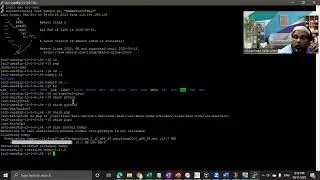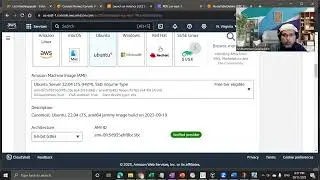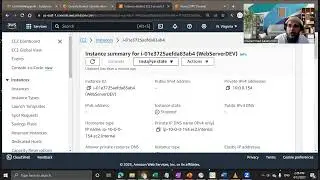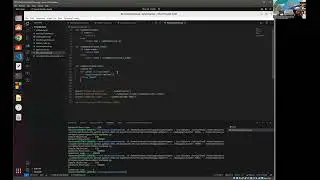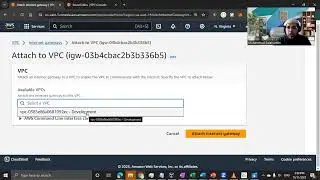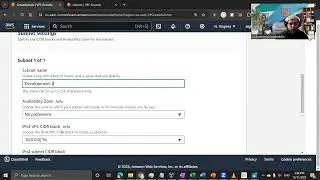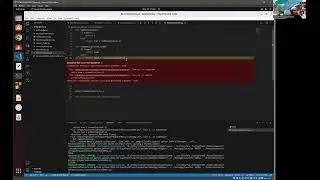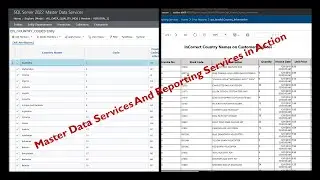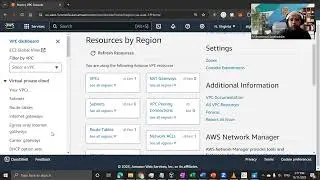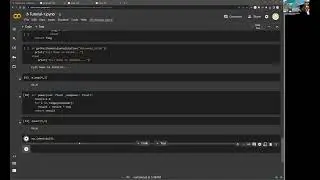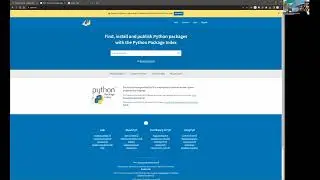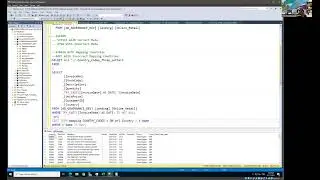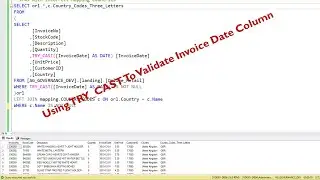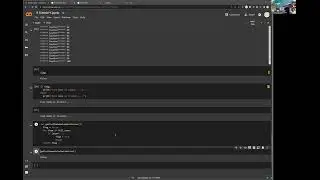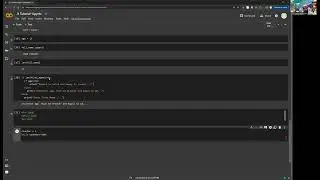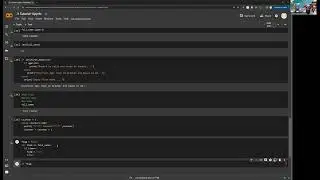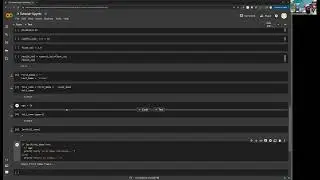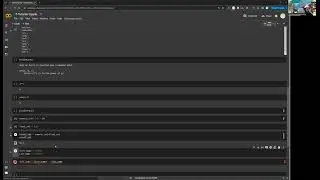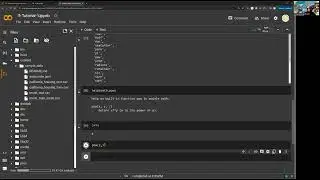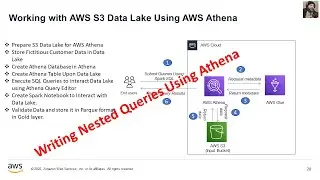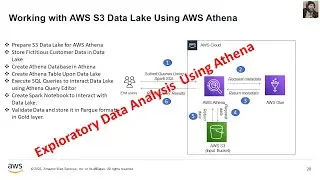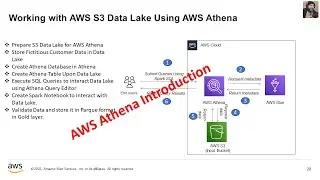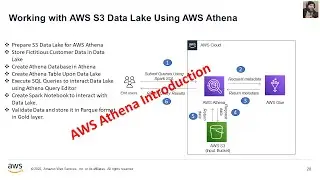Foundations of Python Programming: Understanding Variables and Data Types in Python With Examples
Variables and data types are fundamental concepts in computer programming and data management. They form the building blocks for storing, manipulating, and organizing data within a program. Here's a brief overview of these concepts:
Variables:
Definition: A variable is a symbolic name or identifier that represents a memory location where data can be stored and manipulated.
Purpose: Variables are used to store and manage information in a program. They act as placeholders for values that can change during the execution of the program.
Declaration: Before using a variable, it needs to be declared by specifying its name and data type. For example, in many programming languages, you might declare a variable like this: int age; (declaring an integer variable named "age").
Data Types:
Definition: Data types define the nature of the data that a variable can hold. They specify the size and format of the values that can be stored in a variable.
Common Data Types:
Integer (int): Represents whole numbers without any decimal points.
Float/Double: Represents numbers with decimal points.
Character (char): Represents a single character, like a letter or a symbol.
String: Represents a sequence of characters.
Boolean (bool): Represents true or false values.








